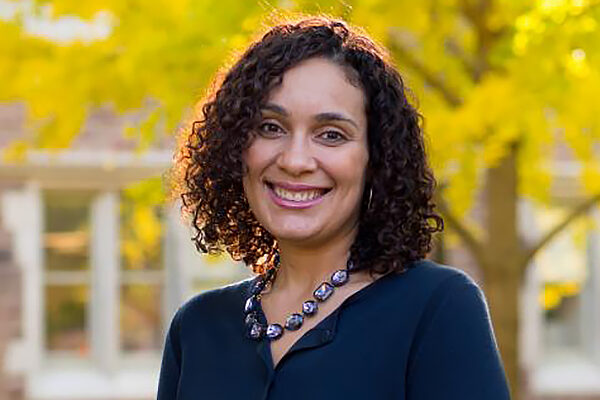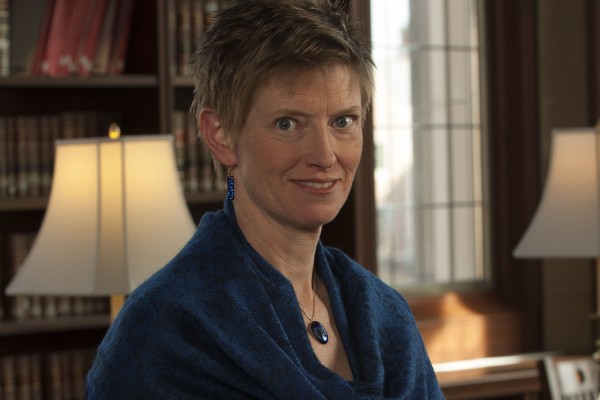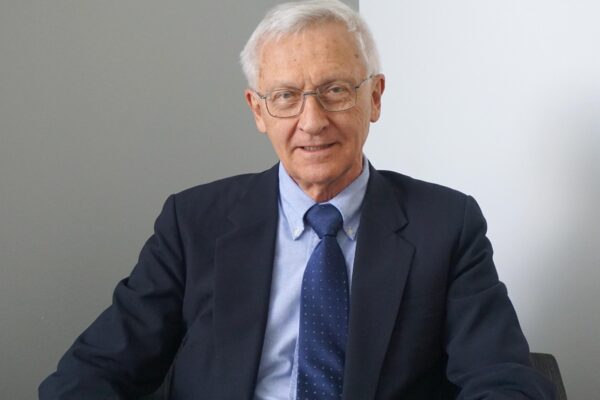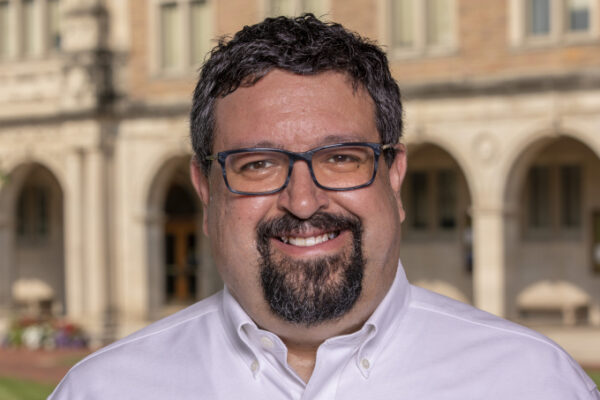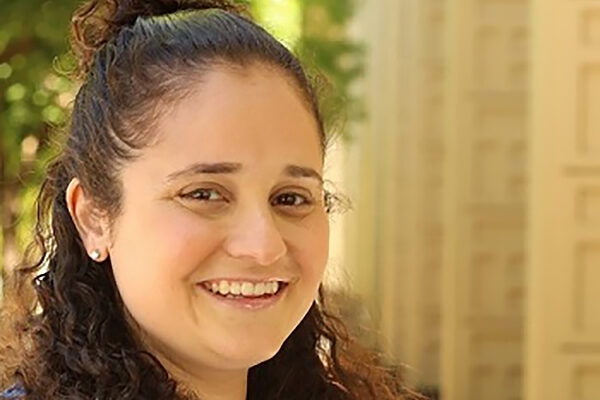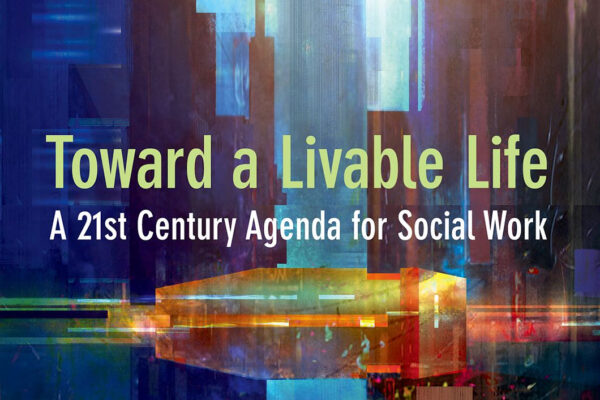For children’s sake, don’t jail parents for non-violent offenses
Missouri could use the money saved by these bills for schools instead of prison. Providing probation for parents convicted of nonviolent offenses is an investment in Missouri’s children.
Suspend The Trump Organization From Doing Business With Government
Suspend the Trump Organization, propose it for debarment, and allow the company’s executives to demonstrate that it is a “responsible contractor” the government should do business with.
Hong Kong’s welfare failures are a damning indictment of the government and the international community
The Hong Kong government’s failure to improve livelihoods and the international community’s apathy are both shameful. Hongkongers deserve better.
‘American Dirt’ gets Mexico very wrong. It’s the latest in a long trend
Americans need to learn that Mexico is a friend and ally, not a threat, and that Mexicans on both sides of the border are not menaces, but rather important contributors to North America and the world.
Law and policy spring lecture series begins Jan. 17
The spring session of the Public Interest Law & Policy Speakers Series kicks off at 3 p.m. Friday, Jan. 17, in Anheuser-Busch Hall, with a chat with constitutional experts Erwin Chemerinsky, dean of the School of Law at University of California, Berkeley, and Lyrissa Lidsky, dean of the University of Missouri School of Law, discussing the future of free speech.
Black workers’ status in a company informs perceptions of workplace racial discrimination
Based on 60 in-depth interviews with black medical doctors, nurses and technicians in the health care industry, a new study from Washington University in St. Louis finds that wherever black workers are positioned in an organization — top, middle or bottom — informs and shapes their impressions about workplace racial discrimination.
What to expect when you’re expecting a Senate impeachment trial
To govern all this, once the trial begins, a simple majority of the Senate can adopt supplementary rules — including the currently contentious question of the timing of motions to call witnesses, which largely divides senators along party lines.
‘Friendly’ emails are not evidence that Harvey Weinstein did nothing wrong
Regardless of whether women who were sexually assaulted maintained a connection with their perpetrator, or whether they initially did not accurately acknowledge it as rape, it is time our culture stopped blaming women and redeeming perpetrators.
New book lays out social work’s agenda for 21st century
Including the insights of more than 35 leading social work scholars from the Brown School at Washington University in St. Louis and beyond, a new book grapples with 13 key areas in the profession in an effort to identify innovative solutions toward achieving a “livable life — a life in which individuals are able to thrive and reach their full potential.”
WashU Expert: Soleimani killing likely unlawful
Many questions remain following the Jan. 3 death of Qassem Soleimani and Iran’s potential retaliation. Chief among them: Was the strike legal? “Unless there is much more to the story than meets the eye, the answer seems to be no,” said Leila Sadat, director of the Whitney R. Harris World Law Institute and an expert on international criminal law.
View More Stories
